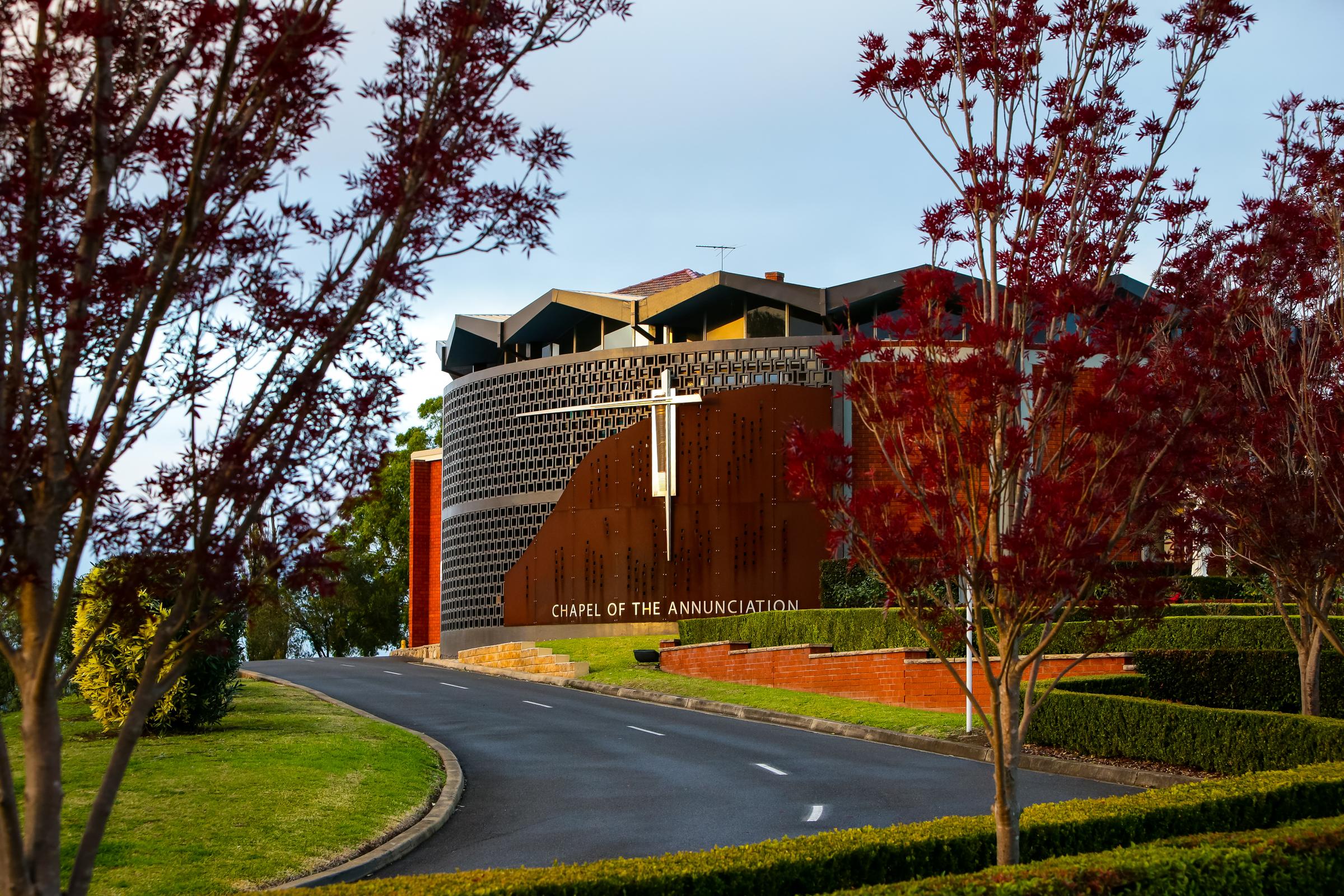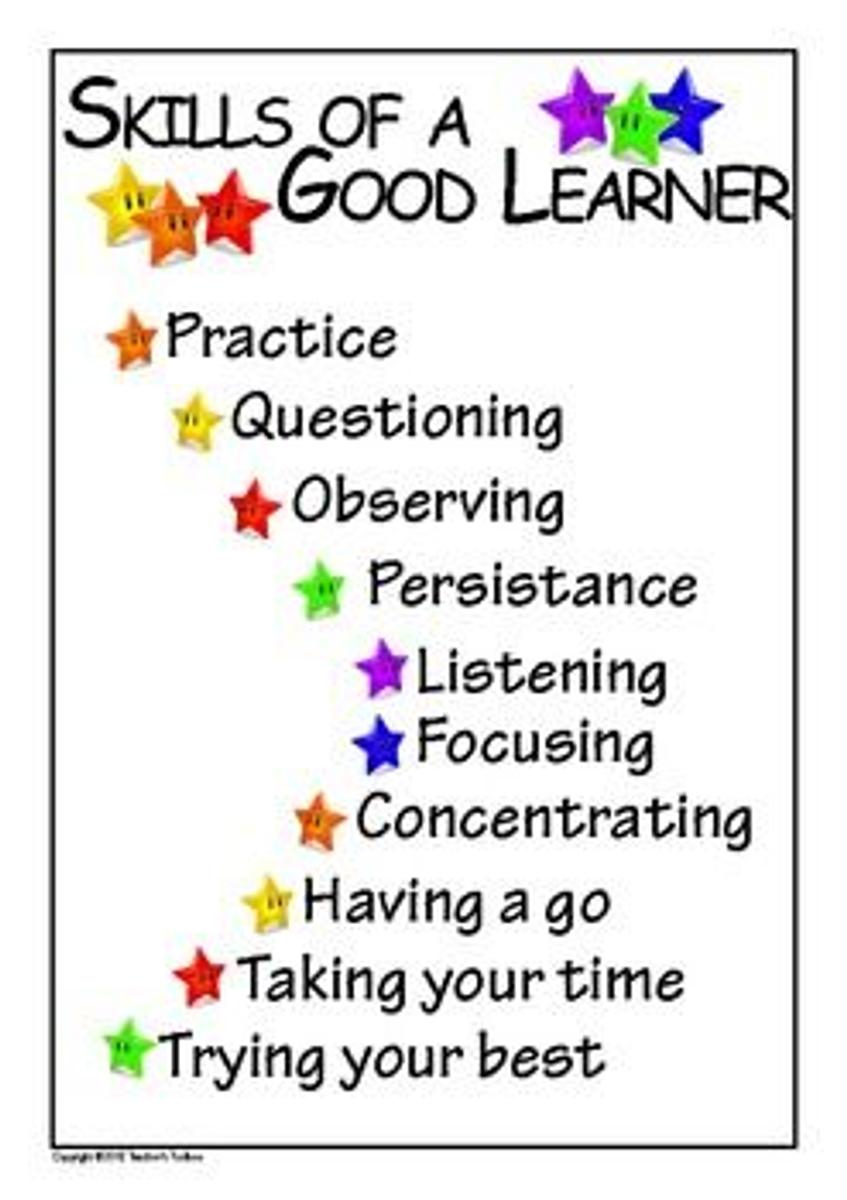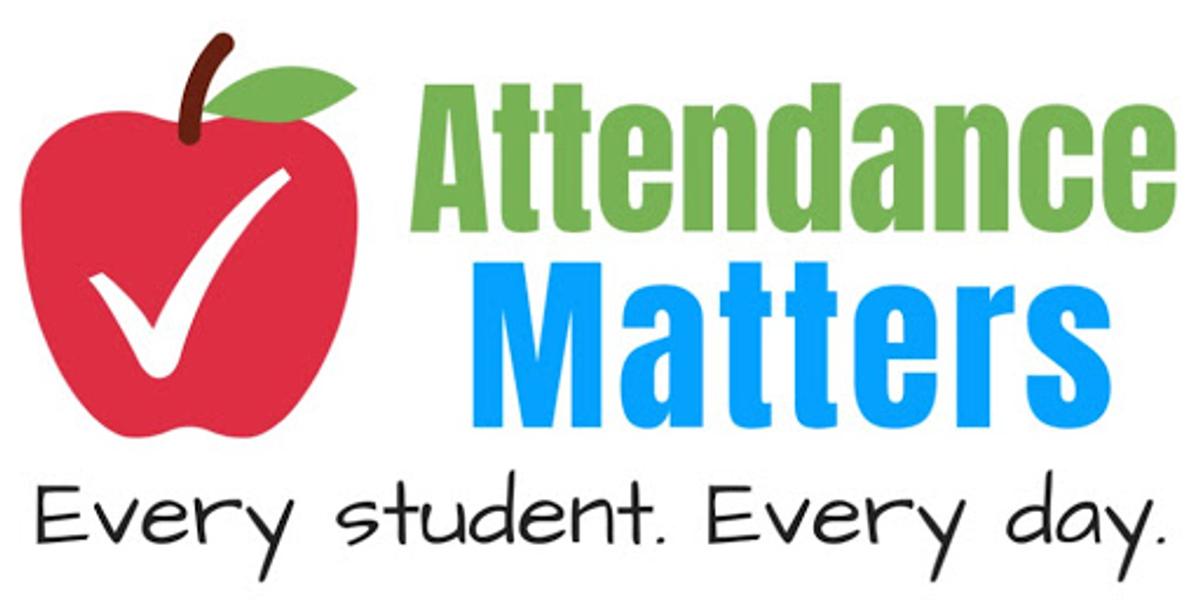From the College Principal
Mr Lee MacMaster

From the College Principal
Mr Lee MacMaster
Dear Parents, Carers, Students and Friends of the St Gregory’s College Community,
As we move towards the end of Term 2, it is good to be able to look back on a successful term at the College. We need to ‘take the helicopter up’ at times like this to provide a true picture of the many great things that happen at the College on a daily basis.
At the commencement of each week, I have the opportunity to meet with the College staff at our regular Staff Prayer and Briefings in the Junior School and Senior School. Along with the other members of the College Leadership Team, we use this time to reflect on the successes and highlights of the previous week, always stopping to applaud our teachers, students and families on the wonderful achievements which occur across the weeks. We also use this opportunity to encourage and congratulate our staff, students and families on the upcoming events for the week ahead. What I really love is the spontaneous applause and heartfelt best wishes that our staff show for each other and for our students and families.
We also use our Monday ‘Line Up’ opportunities with the students to emphasise the high standards we set and to congratulate our students on achievements from the past week.
These opportunities with our staff and students set the tone for the week ahead. I am blessed to lead this fine College and to watch it grow in stature. I am blessed to work with outstanding colleagues who really do care about their work as educators. I am blessed to work with students who want to learn and see the College as an ideal place to build their base as young men and women.
The end of each term is always busy with assessments, marking, reporting and completion of necessary content. These things do not go away. ‘Taking the helicopter up’ allows us to see beyond these things to see the real picture of St Gregory’s!


THE FEAST OF ST MARCELLIN CHAMPAGNAT - Last week we held two important events at the College to celebrate the Feast of St Marcellin Champagnat, the founder of the Marist Brothers. On Friday 4 June, the College community came together as a whole to celebrate a most beautiful Mass in honour of St Marcellin. Towards the conclusion of the Mass, a number of members of staff received awards for their service to Marist education. Mr Brendan O’Flynn, Mr Edward Stefanski, Mrs Kate Stott, Mr Peter Smith and Mr Baldino Vetrano all received awards for 10 years of service to Marist education. Mr Paul Fox, Ms Karen Kissick, Mrs Michelle Gardiner, Mr Lee MacMaster and Mrs Lucy Willoughby received awards for 20 years of service to Marist education. Mrs Anna Blacklow and Mr David Gray received awards for 25 years of Marist education service, with Mrs Sharon Mulholland completing 40 years of service to Marist education – all at St Gregory’s College! A mighty effort! It was wonderful to witness our staff members receiving their awards and to know the amazing contributions they have made both individually and collectively, and how their service has impacted this College and other Marist schools so positively.
The Champagnat Awards (Certificates & Medallions) for 2021 were bestowed on our students from Kindergarten to Year 12, and to our Champagnat Community Award recipient, Mr Edward Stefanski. I congratulate the recipients of these prestigious and honourable awards. To share values and attributes which are common to our founder St Marcellin is amazing and we are blessed to have these students and staff in our College.
An important part of the Mass was to thank our Marist Brothers’ Community at St Gregory’s College. We are blessed to have 14 Brothers in residence at the College. These wonderful men have given their livesto God and their work as Marist Brothers over many, many years have positively influenced so many young people. I thank Brother Bryan as our Marist Brothers Community Leader for his outstanding work, and for the simplicity of action of the Brothers and their deep love of Mary and God.
I sincerely thank our Director of Mission, Mrs Cathie Clarke for her amazing skills and expertise in pulling together our outstanding Champagnat Feast Day Mass. Mrs Clarke together with her team of committed staff and students, our amazing Music team and students, our outstanding IT team, and of course Father Ferdinand brought together our beautiful Mass which was celebrated by over 1500 from the St Gregory’s family.
On Thursday 3 June, our Years 7-12 College enjoyed a rather wet ‘Champagnat Day Carnival.’ Despite the constant rain, it was a great morning of activities and it was so pleasing to see the students enjoying the festivities and joining in the events so well organised on the day. Congratulations to our Marist Solidarity Coordinator, Miss Emma Kent and her dedicated team of helpers, and our staff for bringing together a great day of activities to celebrate St Marcellin. This is why I love the St Gregory’s community – we possess an amazing spirit, and everyone pitches in to make things work so seamlessly!
In my Principal’s Address at the Feast of St Marcellin Champagnat’s Mass on Friday 4 June, I noted the following, “In 2009 I had the opportunity to participate in a Marist Pilgrimage to France, the homeland of St Marcellin. Along with colleagues from fellow Marist schools across Australia, I was very fortunate to delve deep into the life and times of St Marcellin, visiting the many places where his vision was brought to fruition.
Whilst on this Pilgrimage, we had the opportunity to learn about Marcellin’s life through the eyes of some wonderful Australian Marist Brothers – Brother Michael Green, Brother Peter Rodney and Brother Neville Solomon.
It was in their storytelling that Marcellin’s life became real for me. Two particular stories stick out in my mind. These stories have greatly influenced the way I teach and lead. They are at the heart of my very being.
Because of his family background, Marcellin easily identified with farmers and animal breeders. Being close to the land enables one to be more "down to earth". His business sense developed in this environment. He began working at an early age, and so was better able to appreciate its value. Yet his deep dedication to local needs did not prevent him from having an authentic sense of being sent, of being a missionary.
Marcellin became known as a "worker priest". His project of building of the Hermitage led to criticism for his directing, and actually doing, manual labour. He did not flinch. His financial situation and his wanting to "teach by example", which sums up the values that he embodied, impelled him forward. Hard work was a distinguishing mark of his undertaking. It was a value that would be lived out in his religious congregation and one that would be passed on in its education of children and youth.
Marcellin’s approach to education was rooted in his spirituality. His love for Jesus and Mary was the source of his teaching methods. His contribution was a view of life and of people based on his religious convictions, a profound common sense and a way of coming up with practical solutions to the various situations that he faced. The letter Marcellin wrote Brother Bartholomew in 1830 is a valuable document in that it provides us with an insight into his approach and his personality: My dear Brother and close associate, Bartholomew: I know you have many students: that means that there will be many imitators of your virtues, because when they see you they will follow your example and cannot help but be good. How very important is the work you do!
Tell your children that Jesus and Mary love them each very much: the good ones because they are like Jesus, who is infinitely good; those who are not yet as good - because they will be someday; that the most holy Virgin loves them as well because she is the mother of all the children in our schools. Tell them too that I love them very much; that I never go to the altar without thinking about you and your beloved students.
These two stories about Marcellin sum up for me the sense of strong mind and gentle heart that we espouse to you as our students on a daily basis.
As educators and students, we are blessed to have St Marcellin as our role model. A man of simplicity, with vision, a commitment to achieve through hard work, but a heart filled with love and gratitude.


RESPECT - Continually I try to impress upon the students the importance of respect and the notion of emotional intelligence. I do this because I strongly believe that one of the most important things we can teach our students is respect and managing their emotions.
“Values such as respect are the seeds from which all behaviour grows.” This quote drives our agenda to ensure our College is ‘value centred and respect is threefold – respect for self; respect for others; and respect for our place / our College.
Research clearly shows that students who demonstrate compassion, respect, responsibility, perseverance, initiative, and integrity have parents/mentors who demonstrate these qualities on a regular basis.
We need to keep in mind that respect is not the same as obedience. If our students / your children respect you, they will obey because they know you want what's best for them.
The best way for us to teach respect to our students is to show respect. When a student experiences respect, they know what it feels like and begin to understand how important it is.
Respect is a valued attitude. Being respectful helps a student succeed in life. If students don't have respect for peers, authority, or themselves, it's almost impossible for them to succeed.
Research shows parents have the most influence on how respectful children become. Until children show respect at home, it's unlikely they will show it anywhere else.
How can you show respect to your child?
Children learn from everything we say and do. Make sure that you are modelling respectful behaviour. Some of the things you can do are:
Your opinion means a lot to your child. If you believe your child can succeed, they will believe they can as well.
Build their independence. Give them responsibilities as soon as they can handle them.
Help them set and achieve goals. Their self-respect will skyrocket when they see themselves achieving those goals.
Encourage honesty. Let your child know that they may be able to fool some people, but they can't fool themselves. There is no pride in stealing, cheating, or lying.
Most importantly, show love! Say, 'I love you’ often and give plenty of hugs and kisses. If your child makes a mistake, remind them that they are still loved.
GOOD LEARNERS - At the end of Term 2, I thought the following reading summed up a great deal about the journey we are on in relation to educating young people. We all know that every student can learn, and this is the premise that we should work from every day. As parents and carers, you make an enormous contribution as the ‘first and foremost’ educators of your child, and we as a College, play a very important role in unlocking learning and making learning accessible for all students. The part I like about the following reading is that it identifies what students need to do – their part in this partnership.
“I’ve seen lots of lists that identify the characteristics of good teachers. They’re great reminders of what we should aspire to be as teachers. I haven’t seen many corresponding lists that identify the characteristics of good learners. I decided to put one together and invite your input. This could be a list for our students or anybody who aspires to learn well.


Good teachers model this kind of learning for their students, which makes me believe that “good learner” belongs on those lists of good teacher characteristics.
This article was featured in Faculty Focus and was written by Maryellen Weimer, PhD. It has been reprinted here with permission.


ATTENDANCE - Student absenteeism continues to be an ongoing issue at the College. During the Term 2 Parent Forums, I have been speaking with the parents about student attendance and absenteeism at the College. I have been stating that I am receiving too many requests for student leave during term time. Many of these requests are for holidays, trips, family visits, etc. Please be aware that the College does not endorse periods of leave for holidays during school terms. Each year, students at St Gregory’s College receive up to fourteen weeks of holiday leave. Any disruptions to learning should be avoided. Only leave periods for illness, exceptional circumstances and emergencies are endorsed as authorised leave.
When a student is absent from school, they miss out on learning – more than 5 hours for each day of absence! The provision of new content and the consolidation of critical learning takes place every day. Days of absence for holidays outside of the scheduled holiday leave periods are days lost to important learning. We don’t get these valuable learning days back.
This year, St Gregory’s College is aiming for a 95% attendance rate per student per year (a maximum of 8 days of absence per student). Please support the College and your child with their learning in attaining this attendance rate.
CONGRATULATIONS - We all know so many great things happen at St Gregory’s and all these activities help to grow the culture of our great College! Thank you to all staff and students involved – and to the parents for supporting your child!
TERM DATES – 2022
To assist families with planning for next year, the following draft 2022 Term Dates for St Gregory’s College Campbelltown have been established: -
Please note: New Year 7 – Year 11 Boarding Students arrive @ 11am on Sunday 30 January; and Returning Boarding students (Year 8 – Year 12) arrive at 2pm on Sunday 30 January.
Note 1: Public Holiday – Wednesday 26 January 2022.
Note 2: Easter Period – Good Friday – 15 April 2022 – Easter Monday – 18 April 2022.
Note 3: Student Free Days (Term 1) – Friday 4 March 2022 (Staff Professional Development Day) & Monday 7 March 2022 (Staff Professional Development Day).
Note 4: Student Free Days (Term 2) – Friday 10 June 2022 & Monday 13 June 2022 (Queen’s Birthday Public Holiday).
Note 5: Student Free Days (Term 3) – Friday 19 August 2022 (Staff Professional Development Day) & Monday 22 August 2022 (Staff Professional Development Day).
Note 6: Student Free Days (Term 4) – Friday 4 November 2022 (Staff Professional Development Day) & Monday 7 November 2022 (Staff Professional Development Day).
Note 7: ANZAC Day – Monday 25 April 2022.
Note 8: Year 12 students conclude classes on Thursday 22 September 2022. Year 12 Graduation Day – Friday 23 September 2022.
Note 9: Year 7 – 10 students conclude classes & Semester 2 Exam Block on Friday 2 December 2022.
Note 10: Year 11 students conclude classes on Wednesday 7 December 2022.
Note 11: Kindergarten – Year 6 students conclude classes on Wednesday 7 December 2022.
Note 12: Staff Professional Learning Days on Thursday 8 December & Friday 9 December 2022.
FINAL THOUGHTS
A reminder that all classes conclude on Friday 25 June at 3.05pm for our Kindergarten – Year 12 students. All students are expected to attend classes until the end of Term 2. We all need to finish each term strongly and work in a sustained fashion until the last period of the final day of term. I request that parents / carers wishing for their son / daughter to finish the term prior to Friday 25 June write to me in advance to request leave for your child.
Best wishes for the upcoming holiday break. I hope you enjoy some time with your children over the three-week holiday break. Travel safely if you are on the move, rest up if you can, and we look forward to welcoming our students back to the College on Monday 19 July for Term 3.
Finally, thank you again for your ongoing support, encouragement, friendship and wise counsel. The support you provide assists me greatly.
I wish you God’s blessings always. May Mary, our Good Mother, Saint Marcellin Champagnat and Saint Gregory continue to guide us and inspire us on our journey.
Quae Seminaveris Metes – “You will reap what you sow."


Mr Lee MacMaster
College Principal (K-12)